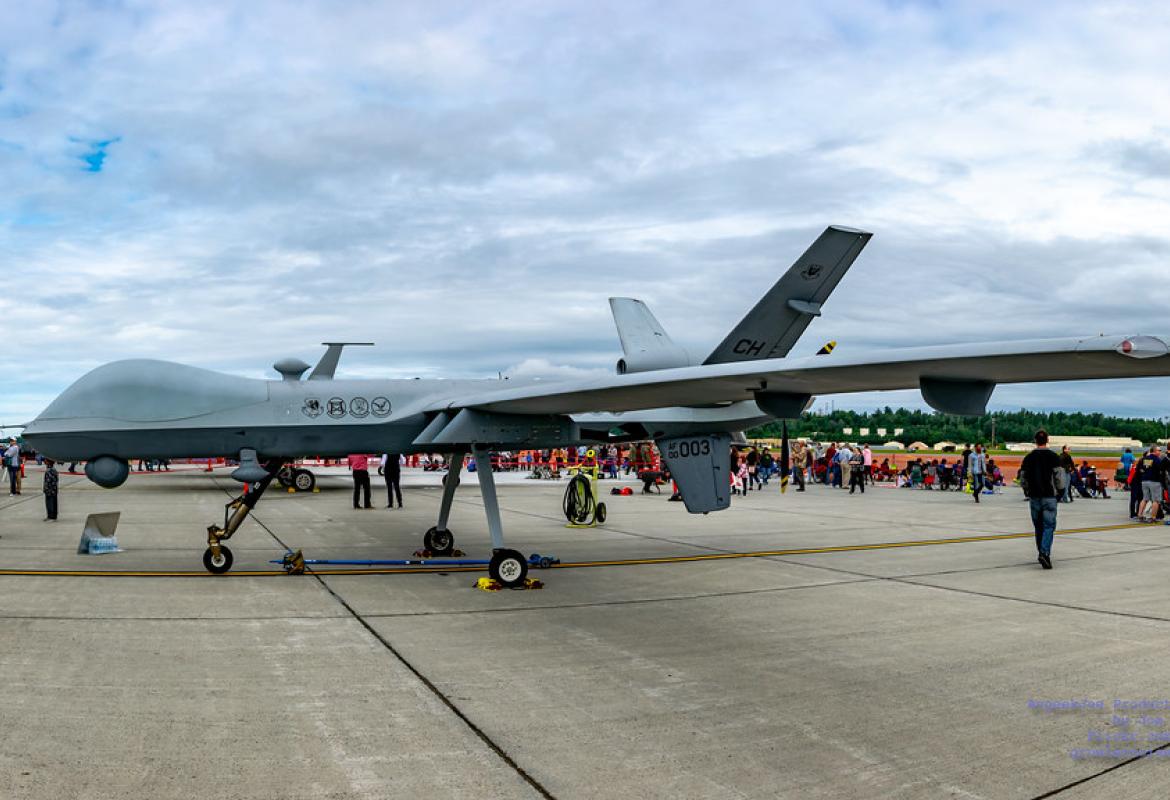It has taken sixteen years, but Bosnian Muslims finally have a chance to seek final justice with the capture of one of ‘the most wanted man’ in Europe.
Ratko Mladic, the former Bosnian Serb commander charged with responsibility for the siege of Sarajevo and the Srebrenica massacre was caught in a small town in northern Serbia on May 26.
Sixteen years after he was first listed as a wanted man for acts committed during the violent break-up of Yugoslavia, the Serbian national now faces The Hague on charges of genocide, war crimes and crimes against humanity.
His arrest, so long after the crimes he commanded, underlines the powerful impact on international affairs of post Cold War norms of accountability – norms that presently also underpin international operations against Mummar Gaddafi in Libya.
"His arrest is a clear message to accused like Omar al-Bashir and potential accused like Moammar Gadhafi that justice never forgets," said Richard Dicker, director of Human Rights Watch's International Justice Program, in an email to the AP.
Last Friday the 69-year-old was declared fit to face trial and now faces extradition to Netherlands to face the International Criminal Tribunal for Yugoslavia (ICTY)
Since the 2008 arrest of Bosnian Serb President Radovan Karadzic, Mladic has been the most prominent Bosnian war criminal on the run.
The Serb ultranationalist has been pivotal to the region’s politics for over two decades.
First he commanded the brutal three year siege of Sarajevo (the longest of a capital city in modern warfare) and the 1995 genocide in Srebrenica.
Then, after going on the run in Serbia, he became a litmus test of the country’s commitment to international codes of conduct. After the Kosovo crisis and the removal of Slobodan Milosovic Serbia’s rehabilitation into international society and its ascension to the European Union became de facto conditional on handing Mladic over to the ICTY.

